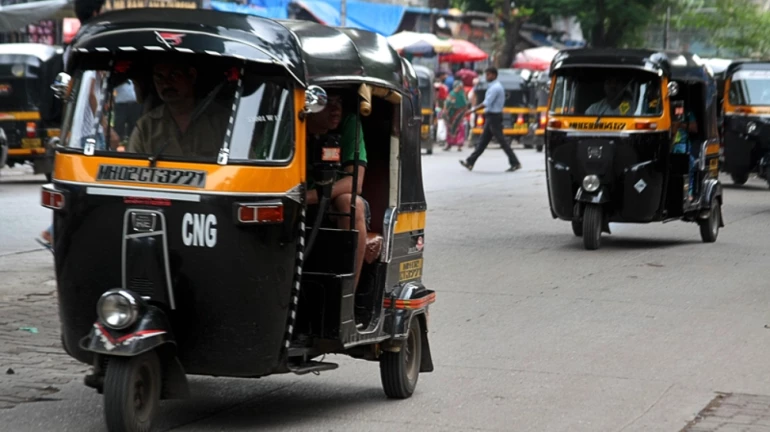
A plea for a fare increase has been submitted by auto rickshaw unions to the state transport department following a rise in compressed natural gas (CNG) prices. The unions have proposed raising the base fare from ₹23 to ₹26 to counter the ₹2 per kilogram hike in CNG rates. Additionally, a revision in the per-kilometre fare, currently ₹15.33, has been requested in anticipation of a further ₹2-4 per kilogram increase in CNG prices.
CNG Price Hike
Mahanagar Gas Limited (MGL) recently raised the CNG price from ₹75 to ₹77 per kilogram, attributing the hike to an 18% reduction in domestic gas allocation effective November 16. This shortfall forced the company to procure more expensive gas from the market. MGL clarified that the ₹2 increase was a partial measure to offset higher procurement costs. The last price adjustment had been implemented in July 2024, when the rate was increased by ₹1.50 per kilogram.
Impact Highlighted
Union representatives have expressed concerns over the financial strain imposed on auto drivers, who typically consume 2-3 kilograms of CNG daily. It has been estimated that the cost of operating an auto has now risen to ₹17.08 per kilometre, up from just under ₹16 previously. These figures have underscored the unions’ demand for a ₹3 increase in the base fare and a revision in per-kilometre rates. In the Mumbai metropolitan region, over 400,000 auto rickshaws are in operation, with 260,000 serving the suburban areas. The base fare for auto rickshaws was last revised in October 2022, increasing from ₹21 to ₹23. Union leaders have confirmed that representations for a fare hike have already been submitted to government authorities, emphasizing the urgency of the issue.
Broader Impact
The rise in CNG prices is expected to affect approximately 1 million CNG-powered vehicles in the Mumbai region, including private cars and tourist taxis. Despite the increase, MGL has maintained that CNG remains a cost-effective alternative, providing 49% savings over petrol and 14% over diesel. However, the financial burden on stakeholders has led to growing demands for fare adjustments to address rising operational costs.





